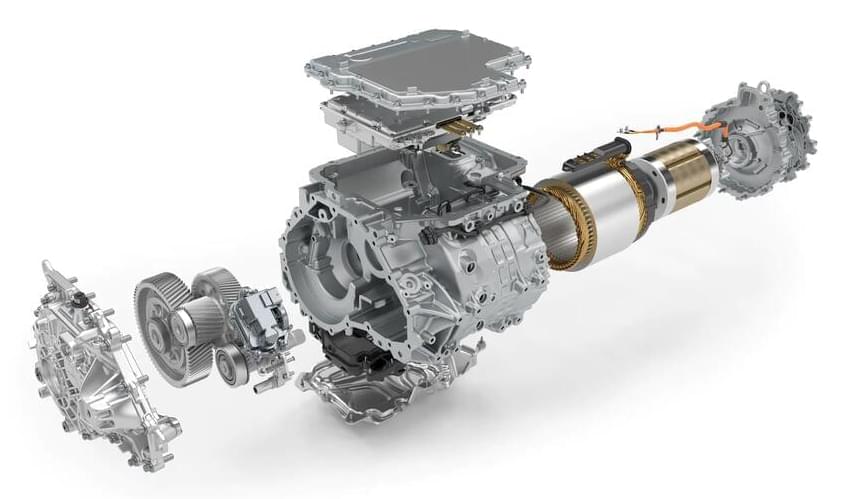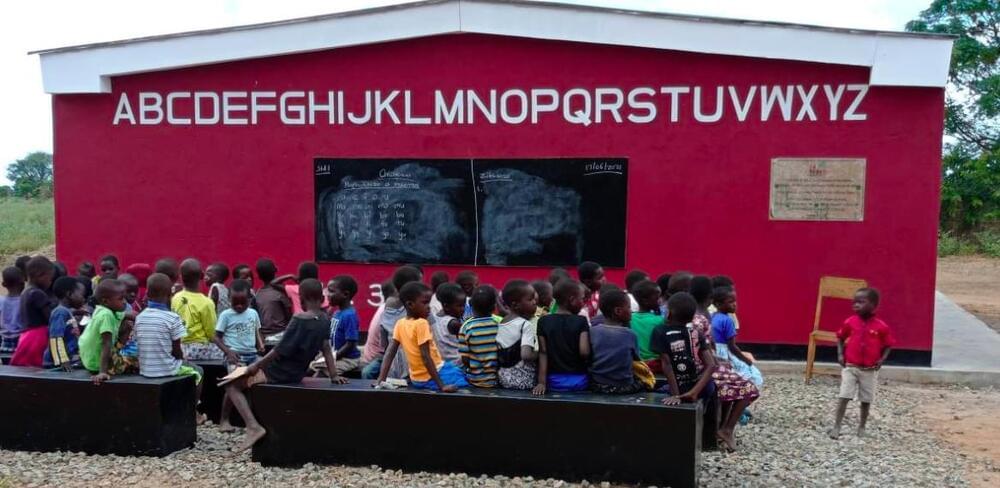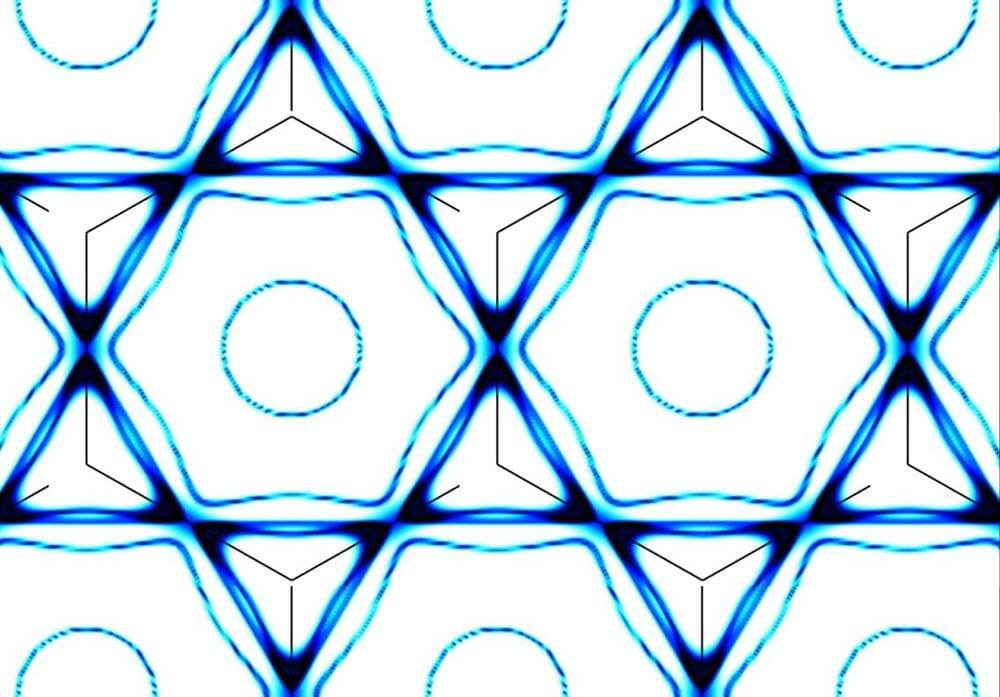Is artificial superintelligence (ASI) imminent? Adam Ford will assess the evidence and ethical importance of artificial intelligence; its opportunities and risks. Drawing on the history of progress in AI and how today it surpasses peak human capability in some domains, he will present forecasts about further progress.
“Progress in AI will likely be explosive; even more significant than both the agricultural and industrial revolutions” — Adam will explore the notion of intelligence and what aspects are missing in AI now and how ‘understanding’ arises in biological intelligence and how it could be realised in AI over the next decade or two. He will conclude with takes on ideal AI outcomes and some recommendations for increasing the likelihood of achieving them.
BIO: Adam Ford (Masters of IT at RMIT) is an IEET Affiliate Scholar, a futurologist and works as a data/information architect, a data analyst and data engineer. He co-organised a variety of conferences in Australia, USA and China. Adam also convenes the global effort of ‘Future Day’ seeking to ritualize focus on the future to a specific day. He is a grass roots journalist, having interviewed many experts on the future, and is currently working on a documentary project focusing on preparing for the future of artificial intelligence.







